Topic 7: Contracts on the MBE: Key Topics to Know
Please see our new, most updated, free MBE Guide here!
Contracts On The MBE: Key Topics To Know
Here, we cover Contracts on the MBE. Out of the 175 scored multiple-choice questions, you can expect to see 25 Contracts questions. The NCBE breaks down the subject into six categories of topics, with some emphasized more than others. Additionally, Contracts on the MBE includes questions focusing on Sales and the UCC. You can expect to see 6–7 questions focusing just on Articles 1 and 2 of the UCC. (So the UCC is tested less than common law, as only about 25% of Contracts questions will come from Article 1 and 2!)
Contracts on the MBE: Breakdown by Topic
Below is a chart of how Contracts is tested on the MBE. You can see that the first two topics—formation of contracts, and performance, breach, and discharge—make up 50% of the Contracts MBE questions tested. The other four topics will be tested in 3–4 questions each, making up the other 50% of Contracts MBE questions.
Contracts on the MBE: NCBE Subject Matter Outline
This Contracts subject matter outline is promulgated by the NCBE (and re-styled by JD Advising). You can see the primary Contracts categories that are tested as well as the topics tested within those categories. The NCBE subject matter outline is available for download here if you prefer to see it in PDF form. Any of the issues listed in the NCBE’s outline are ripe for testing.
Contracts on the MBE: Key Topics to Know
The NCBE has broken contracts down into six categories: formation of contracts; performance, breach, and discharge; defenses to contract enforceability; parol evidence and interpretation; contract remedies; and third-party rights. We’ll take each of these in turn.
Formation of contracts
You will see about 6–7 formation of contracts questions on the MBE. The general rule is that an enforceable contract requires an offer, acceptance, and consideration. One critical skill to master is the ability to determine exactly when a contract has been created. Sometimes the NCBE will give you a series of statements and actions that summarize an interaction between two parties. You need to identify what constitutes an offer, what constitutes a rejection, whether an offer is revoked, what might serve as a counteroffer, and when the offer is actually accepted. Being able to correctly classify the statements and actions will make a significant difference in your ability to determine whether there is an enforceable contract and what its terms are.
An important difference between common law and the UCC is found in identifying the terms of the contract. The common law follows the mirror-image rule. An acceptance must be a mirror image of the offer or it will operate as a rejection. If there are additional or different terms presented, this “acceptance” will be treated as a counteroffer. The UCC follows the intricacies of 2-207, more commonly known as the “battle of the forms.” The mirror-image rule does not apply and an acceptance containing additional or different terms generally will still suffice to form an enforceable contract. Whether these terms become part of the contract depends on the answers to many questions, such as whether the terms were additional, whether they were different, and whether the parties involved are merchants.
Thus, your first step when answering questions in Contracts on the MBE should be to determine whether the common law or the UCC applies. The UCC applies to all contracts involving the sale of goods. Common law applies to all other contracts. If you can place yourself in the right category, you can easily identify the proper subset of rules you should be applying!
Performance, breach, and discharge
You will see about 6–7 performance, breach, and discharge questions in Contracts on the MBE. This category includes individual topics such as conditions, excuse, partial and material breach, warranties, impossibility/impracticability, frustration of purpose, and discharge of duties. Again, it will be very important to determine whether common law or the UCC applies. The rules continue to vary, and if you correctly identify whether common law or the UCC applies, you can narrow down the appropriate rule much easier.
One of the most commonly tested differences between UCC and common law is in terms of performance obligations. Under the common law, a substantial performance by one party is sufficient to trigger the other party’s duty to perform. Thus, be on the lookout for how significant the breach committed is. If one party commits a mere minor breach, the other party will still have to perform (but can still sue for breach). It is not until the breach is considered material before the other party’s duty to perform will be extinguished.
If you’ve identified that the contract is for the sale of goods, then the perfect-tender rule will apply for one-shot deals. If the buyer receives anything other than exactly what he ordered, he can reject the goods. Be aware, though, that the seller may still have the right to cure if the time for contracting has not expired or if he reasonably believed the buyer would accept the nonconforming goods. Note: the perfect-tender rule does not apply to installment contracts.
Defenses to contract enforceability
You will see about 3–4 defenses to contract enforceability questions in Contracts on the MBE. There are many situations to watch out for that could render a contract unenforceable. Some of the easier ones to spot include being a minor and other lack of capacity defenses, duress, mistake, and illegality. But, the most complex issue in this category is the Statute of Frauds. Under this doctrine, there are certain types of contracts that are required to be in writing. Thus, if a question asks whether a contract is enforceable, be sure to consider the subject matter and whether it falls within the Statute of Frauds!
If the contract does need to be in writing, look for any type of writing that meets the following requirements:
- First, it must contain the material terms. For UCC contracts, this includes the quantity. The contract will only be enforceable up to the quantity stated in the writing.
- Second, the writing also must be signed by the party to be charged. “The party to be charged” is a fancy way of saying “defendant.” Remember that a signature is defined broadly! Even a letterhead can suffice!
Also note that the writing does not have to be executed contemporaneously to the agreement. Even a writing executed after the oral agreement can count, as long as it meets the requirements!
Parol evidence and interpretation
You will see about 3–4 parol evidence and interpretation questions on the MBE. The parol evidence rule applies when a party wants to add a term from preliminary negotiations (or an oral contemporaneous term) into a final written agreement. This is when we consider the parol evidence rule. Look to the purpose for which the party is seeking to admit the evidence and what they are trying to accomplish.
If a party wants to add a term, consider whether the agreement is completely or merely partially integrated. If it is partially integrated, then consistent additional terms can be admitted. But if the agreement is fully integrated (watch out for a merger clause!—i.e., one that says “this is the full and final agreement”), then any prior term cannot be admitted. If a party just wishes to add evidence to interpret a term, the parol evidence rule will not preclude this. In UCC contracts, things like trade usage, the course of dealing, and the course of performance can be used to interpret an agreement. If a party is trying to show that an agreement was never formed or that it is not valid, then the parol evidence rule will not apply! Thus, it is very important to consider the circumstances surrounding the attempt to admit extrinsic evidence. Note also that a party can introduce evidence of something that was agreed to after the written contract was formed. The parol evidence rule does not apply to later modifications. A lot of examinees forget this!
Contract remedies
You will see about 3–4 contract remedies questions on the MBE. You should familiarize yourself with the different types of damages available to a party. The general rule is that a party will get expectation damages that arise from a breach. This aims to place the nonbreaching party in the place they would have been in had the contract not been breached. The general formula is the loss of value of the breaching party’s performance + incidental costs + consequential costs – any expenses saved as a result of the breach. Expectation damages must be established with reasonable certainty, and they must be foreseeable. Other types of remedies include equitable remedies (like specific performance and reformation), restitution, and reliance damages.
It is also a good idea to memorize the various damages formulas for UCC contracts. It is relatively easy to calculate the appropriate damages if you can answer a few questions: (1) did the buyer or the seller breach the contract? And, (2) does the buyer or the seller have the goods? But, if you are having trouble memorizing these formulas, remember that the main goal is to give the nonbreaching party the benefit of their bargain. How much do they need to be compensated to make sure that they ended up with the value that they bargained for?
Third-party rights
You will see about 3–4 third-party rights questions in Contracts on the MBE. This category involves a very small subset of topics: just third-party beneficiaries and the assignment or delegation of duties. This means there aren’t as many rules to memorize! These questions will generally ask you to determine if a third party can sue on a contract and, if so, who can they sue? Identifying the situation you are in is again important.
- A third-party beneficiary situation arises typically when person A enters into a contract with person B to render some performance to person C. The MBE question will generally center on whether person C can sue if the performance isn’t rendered.
- A delegation situation arises when person A owes person B a duty, but person A delegates the duty to person C. Any question might ask whether the duty was properly delegated or whether/who person B can sue if the duty isn’t performed. Remember, delegation generally is permissible even without consent, a writing, or consideration.
- An assignment situation typically involves the payment of money. The most common example is when person A owes money to person B, but person B assigns the right to receive the money to person C. The question might ask whether the right was allowed to be assigned or whether/who person C can sue if the money isn’t received.
Go to the next topic, Topic 8: Criminal Law and Procedure on the MBE: Key Topics.
Seeking MBE Assistance?
Seeking MBE Assistance?
- 📘 MBE Guide: Equip yourself with our FREE expert-crafted bar exam and MBE guides.
- Free Bar Exam Resource Center: Discover top resources, articles, and free webinars led by renowned bar exam professionals.
Top Resources as Vouched by our Students:
- MBE One-Sheets: One of our most highly acclaimed bar exam supplements!
- Bar Exam Outlines: Our comprehensive and condensed bar exam outlines present key information in an organized, easy-to-digest layout.
- MBE Private Tutoring: Opt for personalized, effective strategies.
- On Demand Bar Exam Course: Comprehensive bar exam preparation.
- Bar Exam Crash Course and Mini Outlines: Acclaimed and effective for a quick refresher.
- MBE Mastery Class, Real MBE Questions, and MBE Guide: Elevate your MBE preparation with these high-quality MBE supplements!
🔥 NEW! Check out our Repeat Taker Bar Exam Course and get introduced to our unmatched platinum Guarantee Pass Program.

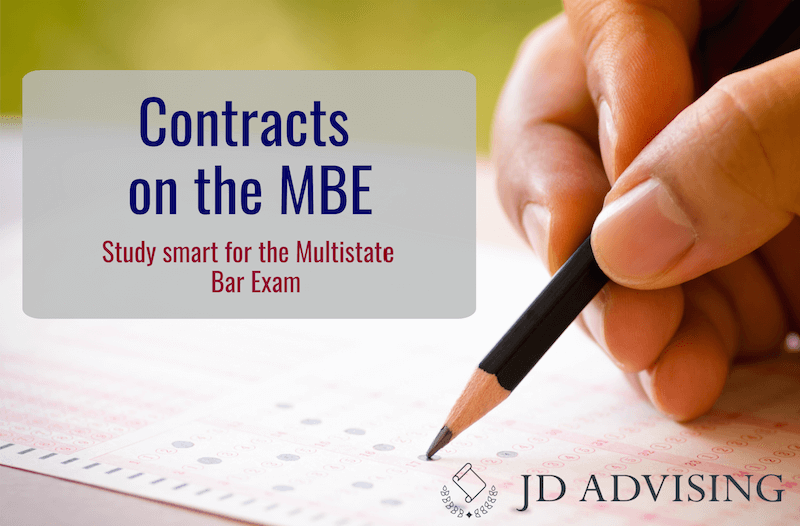
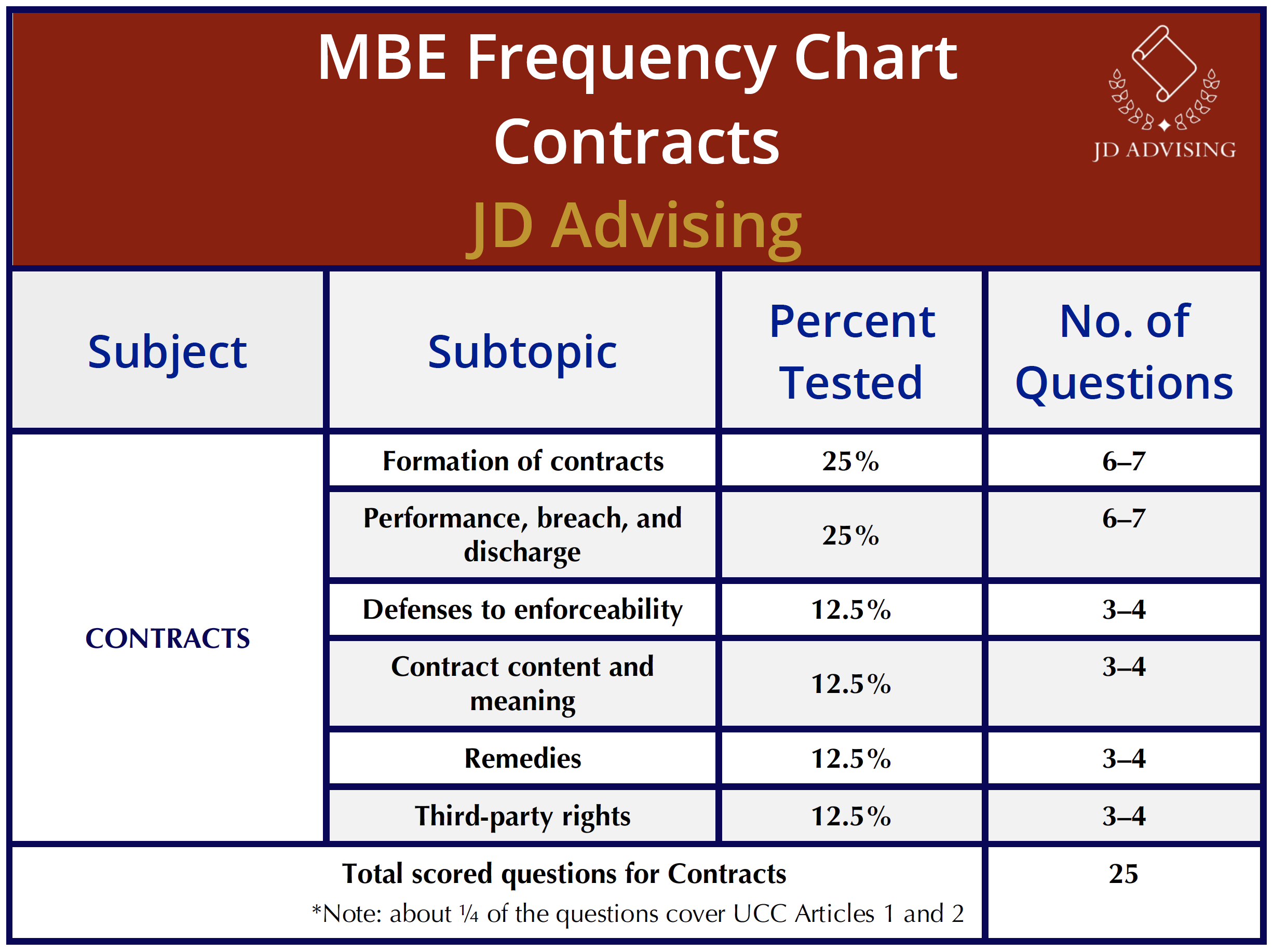
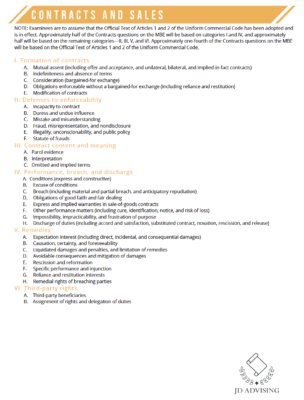
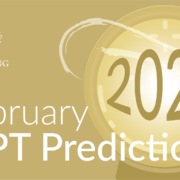
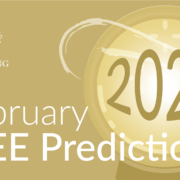


Leave a Reply
Want to join the discussion?Feel free to contribute!